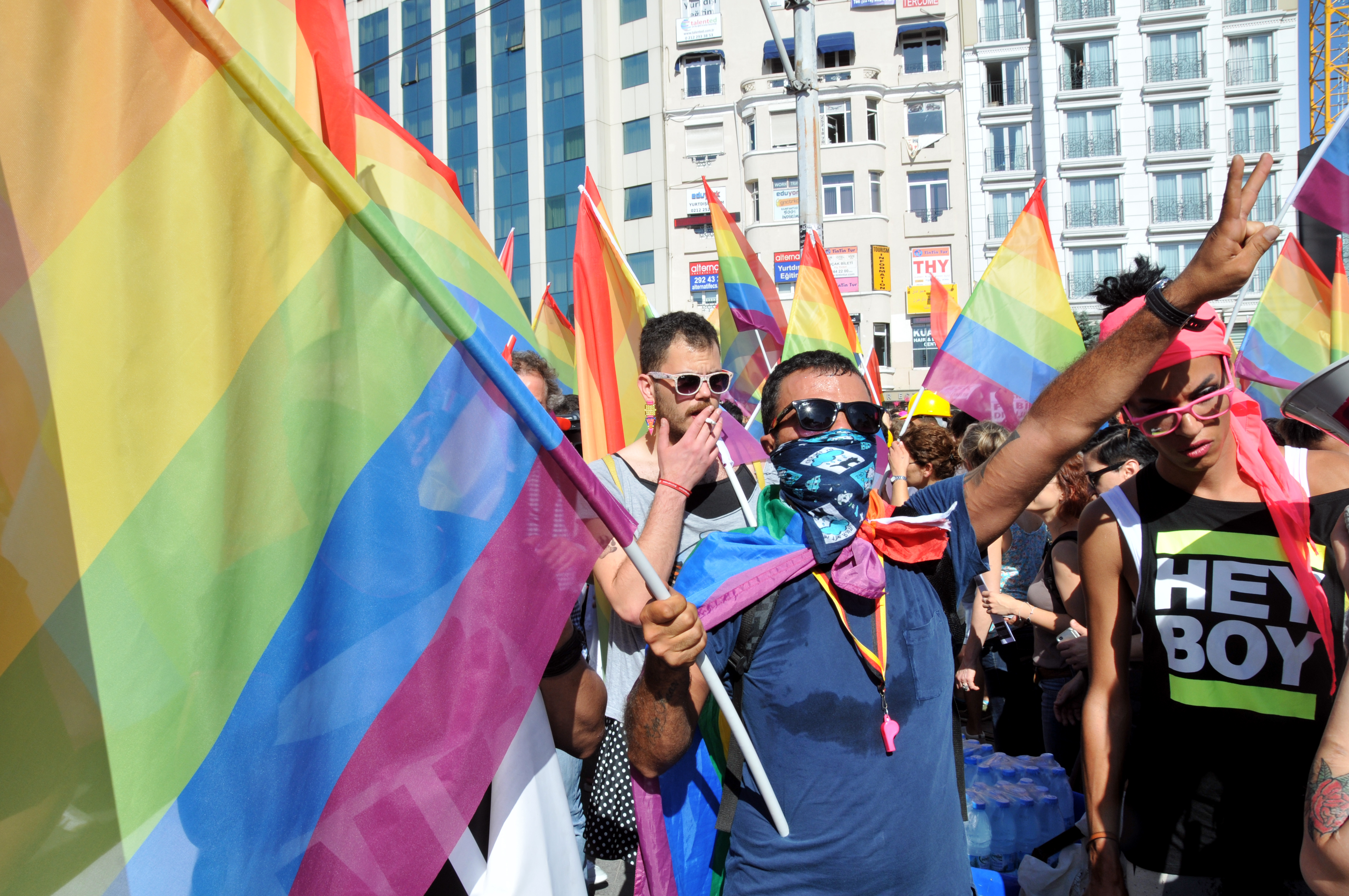Societies across the Middle East are still grappling with the convulsions of the Arab Spring protests, which sparked questioning of social norms across a wide variety of issues, including gender and sexuality. Since the 2011 uprisings, the LGBTQ community in the Arab world has found itself at the heart of a widening social fissure between religious conservatives and secular democratic aspirants. While there has been progress in some areas, such as growing awareness and visible activism in Lebanon and Tunisia, there has also been a backlash in places like Iraq and Egypt, where LGBTQ people face increasing danger and restrictions on their rights.
How have conversations about gender and sexuality become more widespread in the Middle East since 2011? What are the major challenges facing LGBTQ people there? How can LGBTQ communities across the Middle East build on recent victories to overcome social stigmatization and governmental crackdown? How can and should the U.S. engage on these issues?
The Middle East Institute (MEI) and Human Rights Campaign Foundation (HRC) are pleased to host a panel to examine these issues.
Speaker biographies:
Antoun Issa
Director of public relations, MEI
Antoun Issa has been a journalist and commentator on Middle Eastern affairs for six years, having previously worked as the Beirut-based news editor for Al-Monitor. His work has mostly focused on the Levant and regional geopolitics. He has also written for a number of media outlets, including The Guardian, Foreign Policy, The National, The Huffington Post, and ABC (Australia), and appeared on a number of broadcast networks, including Al Jazeera English, HuffPost Live, BBC, and ABC (Australia).
Jeremy Kadden
Senior international policy advocate, HRC
Jeremy Kadden joined the Human Rights Campaign in August 2014 as senior international policy advocate. He focuses on working with the U.S. Congress and the Executive Branch to advance an LGBTQ-inclusive U.S. foreign policy. He is also contact for the northeast region, which includes Connecticut, Delaware, Maine, Massachusetts, New Hampshire, New Jersey, New York, Pennsylvania, Rhode Island, and Vermont.
Hasan Kilani
Fellow, Heartland Alliance International
Hasan Kilani is a Jordanian human rights activist currently working as a fellow for Heartland Alliance International in Chicago, where he is the Sudan Taskforce Project manager. Prior to that, he worked at the United Nations High Commissioner Office in Jordan to provide direct legal support for cases related to child protection, sexual and gender based violence, and minorities. Hasan was instrumental in implementing the UNHCR Jordan LGBT Protection Program, which included the development of training material and the creation of an inter-agency network. Since 2014, he has also volunteered with the organization Rainbow Street, which provides a lifeline for exceptionally vulnerable LGBT people in the Middle East and North Africa.
Mai El-Sadany
Non-resident fellow, TIMEP
Mai El-Sadany is a human rights lawyer and a nonresident fellow for legal and judicial analysis with the Tahrir Institute for Middle East Policy. Her published work has covered legal and constitutional issues in Egypt, human rights issues in Syria, transitional justice in the Middle East, and the split between Sudan and South Sudan. She has previously worked at Robert F. Kennedy Human Rights and the Carnegie Endowment for International Peace, among other places. She holds a J.D. and certificate in refugees and humanitarian emergencies from the Georgetown University Law Center and a B.A. in political science from Stanford University.
Steve Clemons, moderator
Washington editor-at-large, The Atlantic
Steve Clemons is Washington editor-at-large for The Atlantic and editor of Atlantic Live. He writes frequently about politics and foreign affairs. Clemons is a senior fellow and the founder of the American Strategy Program at the New America Foundation, a centrist think tank in Washington, D.C., where he previously served as executive vice president. He writes and speaks frequently about the D.C. political scene, foreign policy, and national security issues, as well as domestic and global economic-policy challenges.












